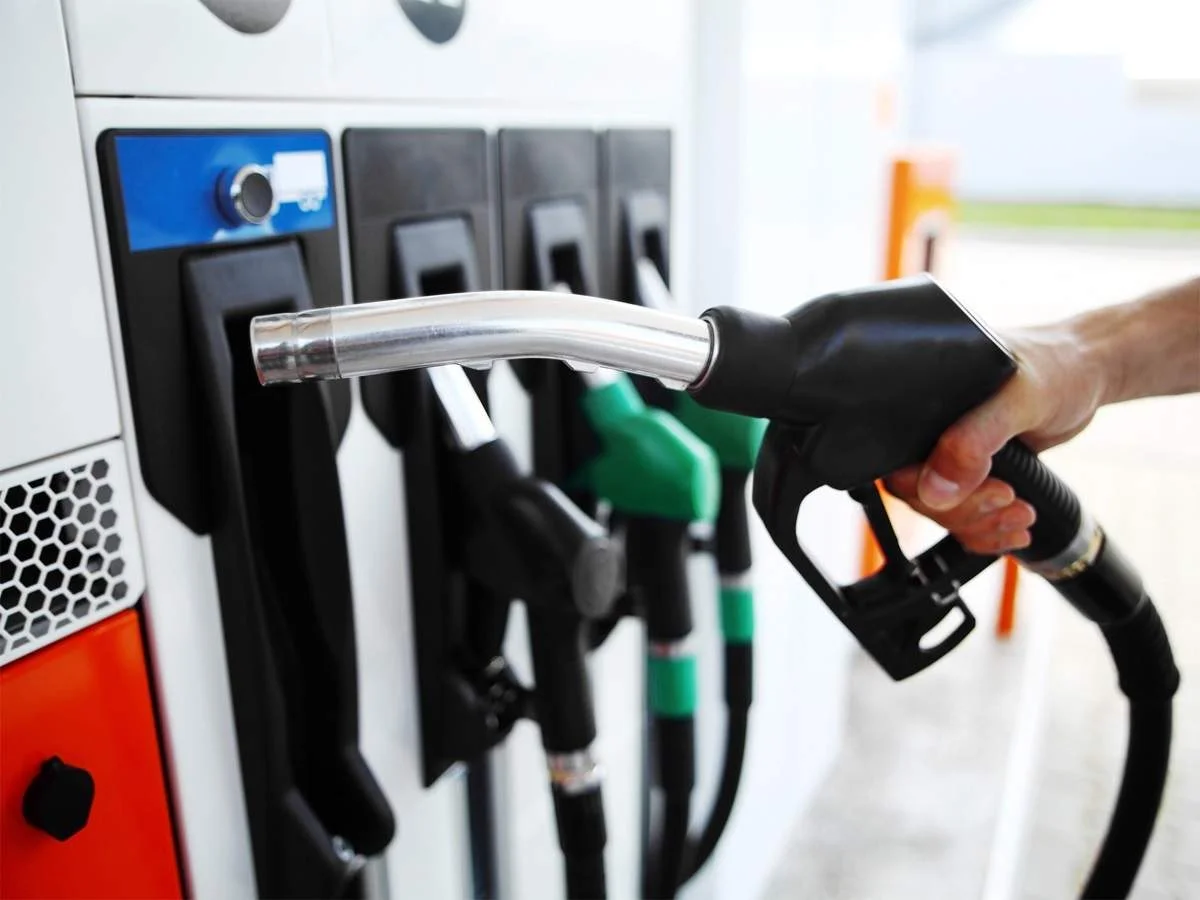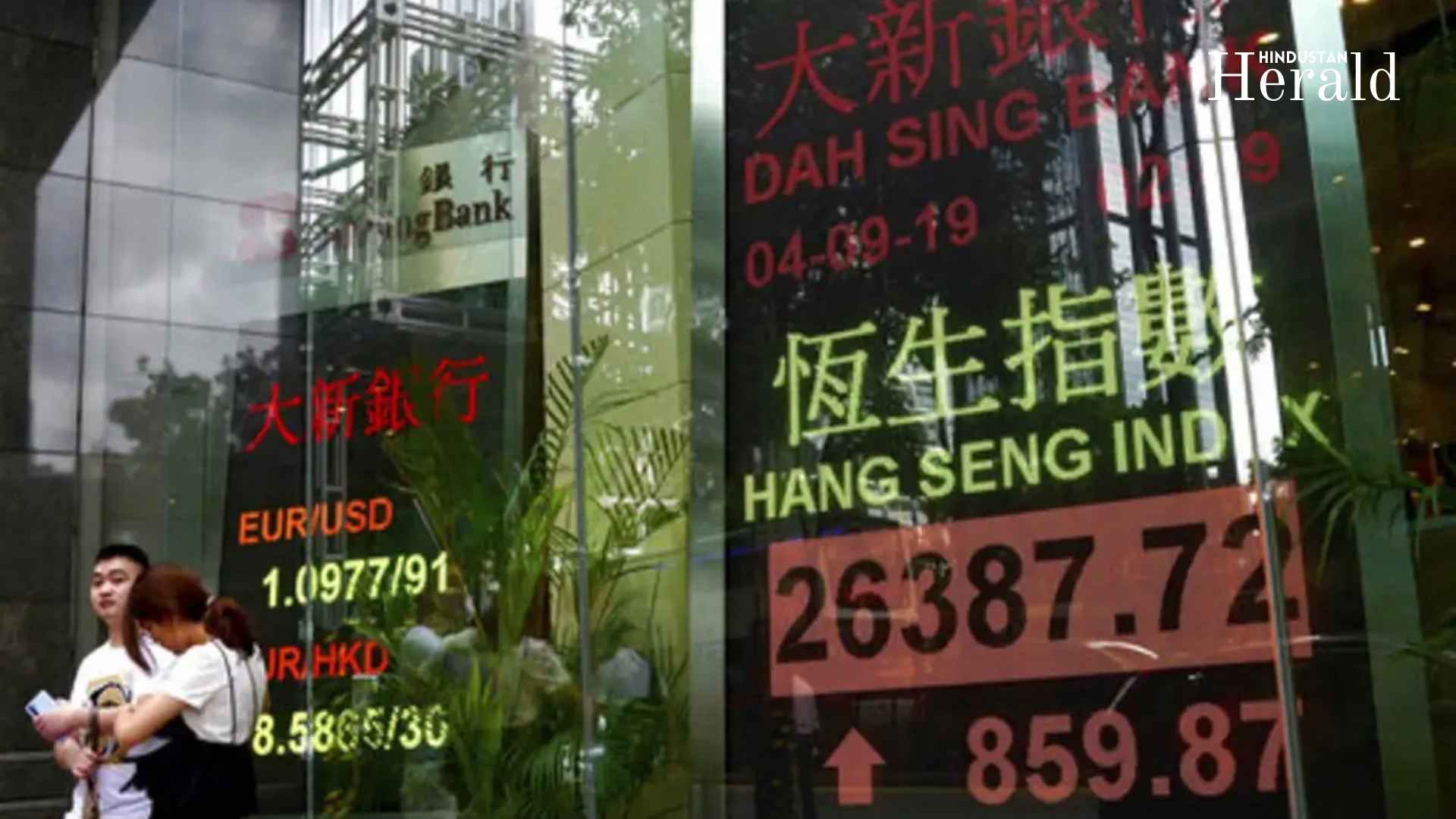Petrol and Diesel Price Hike: ₹2 Excise Duty Rise to Take Effect from April 8, 2025

Key Highlights:
New Delhi, April 7, 2025 — The Indian government has announced a ₹2 per litre hike in excise duty on both petrol and diesel, with the new rates set to come into effect from April 8, 2025, according to an official notification by the Ministry of Finance.
This revision comes at a curious time when global crude oil prices are on a downward trajectory, primarily driven by uncertainties around global trade due to US-led tariffs and fears of a worldwide slowdown.
Consumer Impact Likely Despite Assurances
The increase in excise duty has sparked fresh concerns among consumers and economists, especially in light of persisting inflationary pressures on household budgets.
Although the Ministry of Petroleum and Natural Gas issued a statement saying:
“PSU Oil Marketing Companies have informed that there will be no increase in retail prices of petrol and diesel, subsequent to the increase effected in Excise Duty Rates today.”
Experts warn that retail prices may eventually reflect the higher duties, especially if oil marketing companies choose to pass the burden to consumers after a temporary hold.
Backdrop: Global Oil Prices Declining
Ironically, this domestic price hike arrives just as international oil markets show a softening trend. Crude oil prices have slumped due to fears of a global trade war following a series of retaliatory tariffs by the United States under Donald Trump’s administration. Analysts fear that this could lead to a dip in oil demand, causing ripple effects in the global economy.
India, a major oil importer, was expected to benefit from this trend. However, the excise duty hike changes the equation for consumers at the pump.
Economic Motive: Revenue Over Relief?
While the central government has not explicitly stated its rationale, economic observers believe the hike is part of a broader attempt to shore up government revenue ahead of the new fiscal cycle. The move is being seen as a revenue mobilization effort amid rising welfare expenditures and infrastructure investments.
However, this decision has faced criticism:
- Economists fear it could lead to higher transportation and logistics costs
- Which in turn may cause a second-wave inflation in essential commodities and services
- Further eroding disposable income for the average consumer
Historical Context: Reversal from December 2024 Windfall Gains
Just four months ago, in December 2024, the government had removed the windfall tax on domestically produced crude oil and fuel exports citing global price corrections.
This reversal — from relief to revenue extraction — has raised eyebrows among energy policy watchers.
What’s Next for Consumers?
While the government maintains that retail fuel prices won’t change immediately, many experts expect a delayed price transmission if the global oil market does not rebound soon.
As the April 8 implementation date nears, transport unions and consumer rights groups have urged for greater transparency in pricing mechanisms and sought relief measures for lower-income groups.
The excise duty hike on petrol and diesel has landed at a precarious time, balancing between government revenue priorities and consumer affordability. With global oil prices falling, the decision has ignited a debate on whether the Indian consumer is bearing an unfair burden amid broader economic uncertainties.
As the new rates take effect on April 8, all eyes will be on fuel retailers, inflation data, and the government’s next policy move in managing oil price volatility.
The Hindustan Herald Is Your Source For The Latest In Business, Entertainment, Lifestyle, Breaking News, And Other News. Please Follow Us On Facebook, Instagram, Twitter, And LinkedIn To Receive Instantaneous Updates. Also Don’t Forget To Subscribe Our Telegram Channel @hindustanherald







